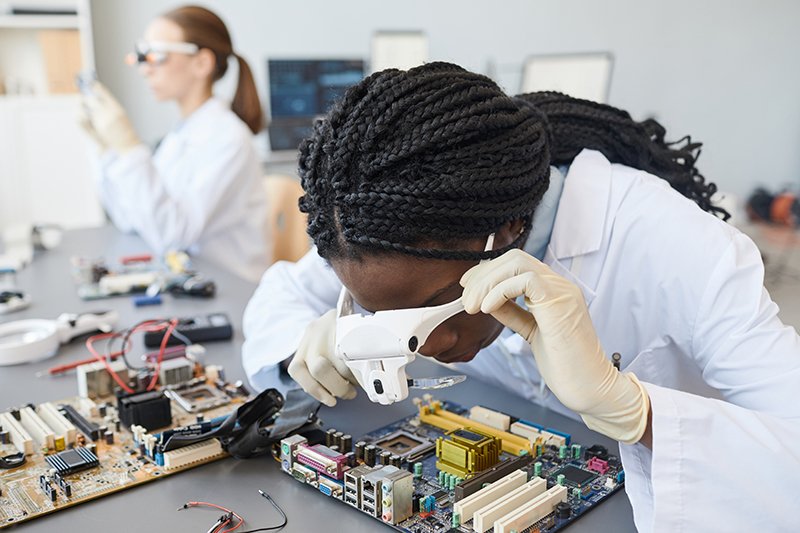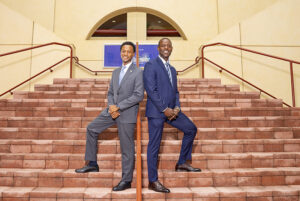
As AI, automation, and emerging technologies rewrite the future of work, educators face a pivotal question: How do we prepare Black students for jobs that don’t yet exist but will soon define the economy?
The answer begins with reimagining what education is for. No longer can we rely on traditional career paths like teacher, nurse, or engineer. The Institute for the Future’s Jobs of the Future forecast points to a radically different landscape—where creativity, data fluency, collaboration, and cognitive agility are the currencies of tomorrow.
Take, for example, the role of a data ecologist. This isn’t just a fancy title for an analyst. It’s a professional who collects and interprets biometric, geospatial, and collaboration data to optimize team performance and product development. Imagine what this means for a student growing up in a community where access to STEM courses—or even stable internet—is limited. If we’re not preparing our students to generate and analyze data, we’re locking them out of the next digital economy.
Or consider the collective intelligence officer—a role tasked with forming dynamic, high-functioning teams based on real-time collaboration analytics. This job isn’t about hierarchy; it’s about improvisational leadership. Yet many of our schools still operate in rigid silos with outdated models of authority, discipline, and group work. If the future values flexibility, social intelligence, and real-time teamwork, then our classrooms must reflect those values now.
We should be preparing our students to become amplification architects, capable of redesigning outdated roles into flexible, purpose-driven work experiences. We should introduce the idea of chief visualization officers, who tell stories through data and democratize insight. These aren’t just tech jobs—they’re platforms for influence, policy, and power.
The good news? Black educators have long led movements for culturally responsive, community-empowered learning. What we need now is an infusion of future fluency into those models—integrating AI tools, data literacy, and digital storytelling into a framework that still centers humanity, equity, and purpose.
The biggest call for educators is to reimagine what and how they teach their students in preparation for the world of tomorrow. They need to self-assess and recognize where they need to reskill and upskill in order to teach the next generation.
Being afraid of or barring emerging technologies such as AI from the classroom is shortsighted and is antithetical from the very calling of what it means to be an educator. Preparing students, especially children of color, should be the highest priority.
Schools must begin to embed skills like cognitive design, ethical decision-making, and systems thinking into the curriculum. That doesn’t mean every student needs to become a coder—it means we teach young people how to use technology as a tool for liberation, not just employment.
If we do not give Black students access to this imagination and agency, they will be left to navigate systems that were not built with them in mind. And worse, systems that increasingly use AI to monitor rather than empower.
Legacy isn’t just about the past—it’s about preparing our youth for a future they can own. The jobs are coming. The students are ready.
The question is: Are our schools?
Marvin Dejean is the CEO and Sr. Managing Partner of Gilead Sanders LLC, a strategy and business transformation consulting practice based in Fort Lauderdale, Fla. He empowers organizations to navigate and succeed in the digital age by leveraging future-focused strategies and cutting-edge technologies. He can be reached at mdejean@gileadsanders.com or online at www.gileadsanders.com.







